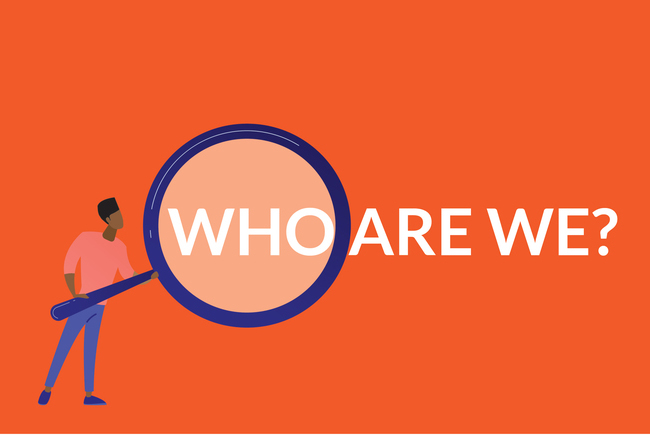Media and Social Media
30 September 2021
The Media and Social Media unit communicates to internal and external audiences about university programmes, research and the activities of faculties and staff. Working closely with UCT’s executive management, we release news and information through both traditional and social media.
Media queries, statements and reports
Media queries handled increased by 20.8% in 2020 as compared with the previous year, while media statements released were the highest in the last five years, doubling in number when compared with 2019 and far exceeding the number of media statements released during the 2016–2017 #RhodesMustFall and #FeesMustFall periods – a difference of 38.2%.


- Critical media reports are necessary during times of high-volume media reports on the university, as media often publish within a short time (especially online stories) and may not check facts or include UCT’s perspective on a report. This means the media liaison team needs to respond as soon as possible with correct information, such as issuing a written response or organising an interview with a UCT spokesperson.
- Daily media reports include mentions of UCT academics providing expert opinion. Usually, these opinions are sourced by media through the media liaison office.
- Daily media reports and critical reports also include mentions in the media of activities at other universities. This helps us stay abreast of critical events taking place at other South African universities.
Op-eds produced

- Op-eds serve to establish an institutional perspective on issues. Such articles are usually produced on behalf of the executive.
- Op-eds may also be drafted to support strategic initiatives.
- Another purpose of op-eds is to address and/or correct perceptions that have arisen in the media.
- These statistics do not include the many opinion pieces produced by UCT academics. The media liaison team is often consulted by academics about their direct interactions with journalists.
Campus communication
Compared with the year before, the number of Vice-Chancellor (VC) Desks increased by over 50%, while the number of Deputy Vice-Chancellor (DVC) Desks issued was three times more (considering that what was previously the fourth DVC portfolio has now become a COO portfolio). When including the COO Desks, the total number of DVC Desks issued was almost the same number as the combined total for the preceding four years.

- VC Desks and DVC Desks communicate a decision or an action taken at the executive level. The media liaison team drafts the initial message for sign-off by the relevant member of the executive. The drafting may involve liaison with one or more relevant departments to ensure accuracy of the information and how it is structured. The document is drafted to ensure transparency and inclusiveness among readers.
- Weekly Campus Announcements (started in November 2015) generally include information from various departments and units at UCT. There may also be references to executive information. We produce and distribute Campus Announcements on a weekly basis to provide a consistent communication channel. This helps to keep staff and students informed and aims to create a sense of community.
- Other campus communication items such as Chair’s/Deputy Chair’s Desks and Registrar’s / Deputy Registrar’s Notices have been included for tracking only since 2019.
In Remembrance notices
An unusually high number of In Remembrance notices (notices that communicate the passing of staff and students) was issued as the university also felt the very real impact of COVID-19, notably over the December festive period. This understandably impacted members of the team within the unit, and support in handling the high volume was sought from colleagues from other CMD units.

VC content support
Due to increased virtual events, the number of speech briefs / talking points was the highest in the past three years. This total is not a reflection of all virtual events that the VC herself was part of (for some events, no talking points or draft speeches were required).

The report format for the above was modified in the third quarter of 2020 (some sections therefore do not include statistics from the preceding years).
Social media
The number of inboxed Facebook queries tripled when compared with 2019. In a single year, the team handled more queries than they did in the preceding three years combined. This is because more of our users are online. This accelerated during the pandemic.
Messages posted on Facebook reached almost twice the audience size compared with the year before. LinkedIn has been increasingly used as an additional platform, with the number of posts more than doubling in 2020. The number of YouTube views increased by almost 50% compared with 2019.

- The social media function was only incorporated into the unit in 2017. Statistics for preceding periods are not fully available.
 This work is licensed under a Creative Commons Attribution-NoDerivatives 4.0 International License.
This work is licensed under a Creative Commons Attribution-NoDerivatives 4.0 International License.
Please view the republishing articles page for more information.

What we have achieved
UCT’s Communication and Marketing Department has five business units that have contributed to its success during 2020.





















